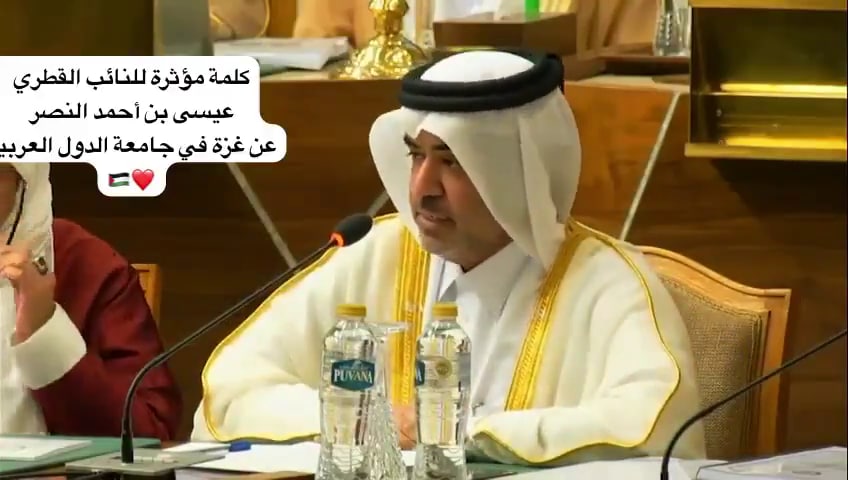
Iranian Foreign Minister Mohammad Javad Zarif said that the Biden administration must make up its mind about its policy towards Iran, and if it wants to return to the JCPOA it must first fulfill all its commitments, including lifting the sanctions on Iran. He made his remarks in an interview with Channel 2 (Iran) that aired on February 7, 2021. Zarif said that the Biden administration hasn't made up its mind regarding its policy towards Iran, even though it has stated that it will not continue to follow Trump's policies. He said that he believes that the Americans will have no other choice but to return to the JCPOA, because they will never get a better deal. Zarif stated that while Iran is committed to the law passed in the Majles, it is reversible. However, if the U.S. and Europeans do not change their positions by February 21, Iran will end its commitment to the Additional Protocol and will reduce the number of IAEA inspectors.
Zarif explained that such a step would not harm Iran, but would be at the detriment of the U.S. and Europeans. Zarif referred to Supreme Leader Khamenei's statement (see MEMRI TV clip no. 8668) that Iran will "fact-check" to make sure the American sanctions on Iran are actually lifted. He said that Iran will know that sanctions are lifted once Iran is able to sell as much oil as it wants and retrieve the proceeds from the sale. Zarif said that the JCPOA does not limit the quantities of oil that it can sell and the amounts retrieved in exchange, so the U.S. cannot tell Iran how much oil it can sell, for how much money, and what it can do with the money from the sale. He stated that the first stage would be the U.S. fulfilling its commitments to the JCPOA, and if the sanctions are really lifted, Iran will immediately return to its commitments. Zarif emphasized that only then would the conditions for America's return to the JCPOA and the P5+1 be discussed. He added that it is important to make sure that such a situation as a new president who wants to leave the JCPOA like Trump, does not repeat itself.
Mohammad Zarif: "Mr. Biden needs to make up his mind. Obviously, I feel that Mr. Biden's administration has yet to come up with a definite decision about what it wants to do. This is perfectly clear from their contradictory statements. They need to make one decision — whether they wish to continue Mr. Trump's policy, or they want to choose another policy. They themselves have said that Trump's policy had failed, and that they do not plan to continue on the same path. If they do not want to continue with the same policy, they must bid it farewell.
[...]
"I believe that they still have a chance to correct the contradictions in their own statements.
[...]
"Ultimately, sooner or later, the Americans will have no choice but to return to the JCPOA. They have no better option. They will not get a better deal.
[...]
"They themselves have been to the negotiations. The National Security Advisor participated in the negotiations. The new CIA Director participated in the negotiations. The Secretary of State was on the sidelines of the negotiations. The Deputy Secretary of State participated in the negotiations. They are all familiar with the record of the negotiations, and they know that this debate cannot be reopened. And time goes by...They will be the ones wasting their time. We have an obligation to implement the law of the Majles. The law of the Majles is also clear: Whenever it is that the U.S. fulfils its commitments and lifts the sanctions, we will also return [to our commitments]. But on February 21, several things will occur. It will still be reversible, but the Americans would lose several opportunities. This is a decision that the Biden administration must make…"
Interviewer: "So if the position of the Americans and the Europeans remain as it is, we will end [our commitment] to the Additional Protocol?"
Zarif: "Yes, but this does not mean that the IAEA inspectors would be deported. The number of IAEA inspectors would be reduced. The number of inspections would go down, and they would be the ones to be harmed by this, not us."
[...]
Interviewer: "The Leader said that there would have to be fact-checking about the actual lifting of the sanctions."
Zarif: "Correct. Obviously this fact-checking is very easy. All we need to do is to sell oil and retrieve the proceeds from the sale. We need to be able to sell any quantity of oil we want. The U.S. cannot decide for us how much oil to sell, how much money to retrieve, or what to do with this money. The JCPOA is perfectly clear, and there is no limit on the selling of oil and on retrieving the proceeds.
[...]
"The first stage is that the U.S. fulfills its commitments. Then, we will fact-check the implementation of these commitments, and, as I've said, this should not be too difficult. And then, as [Khamenei] said, we will immediately return to our commitments. This is the first stage. Then we will discuss America's return to the JCPOA, and how it can return to the P5+1. Currently, it is P4+1.
[...]
"If America fulfills its commitments, Iran and the P4+1 will not object to its return. When it returns, some points will need to be made clear. One of these points — and this may happen prior to America's return — is how to prevent something like this from repeating itself, and how we can make sure that in four years, there will not be another president [who will leave the JCPOA] like Trump.
[...]
"But as the Leader said, this would not be a precondition to the return of America and Iran to their commitments. This is one of the topics that we will need to discuss. If there are any talks, they should be about these topics, and not about topics that are external to the JCPOA. We need to make sure that next time, the commitments are fulfilled. One way of doing this is to examine what damage was caused to Iran. After all, the Iranians have incurred damage. This is one of the ways to guarantee that this will not repeat itself. This is the kind of discussions that we will have in the future, but in my opinion, it is unlikely to be in the near future. The first step is to fulfill the commitments."













